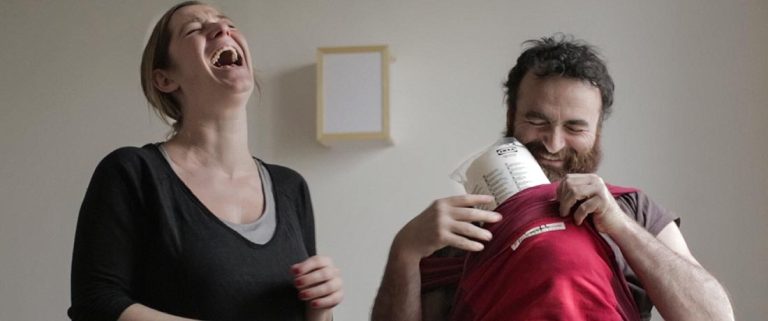
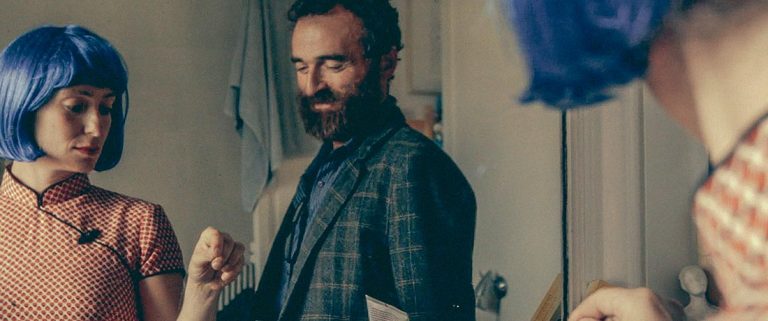
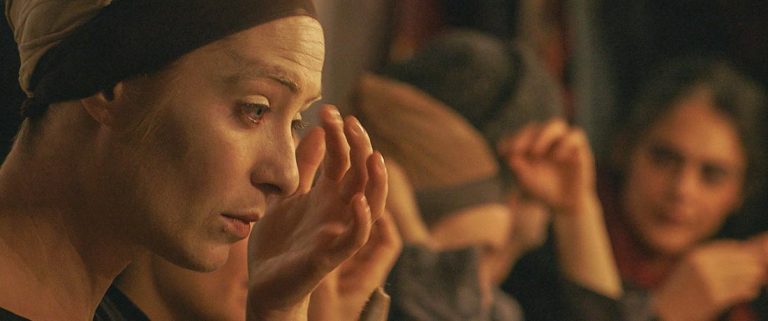
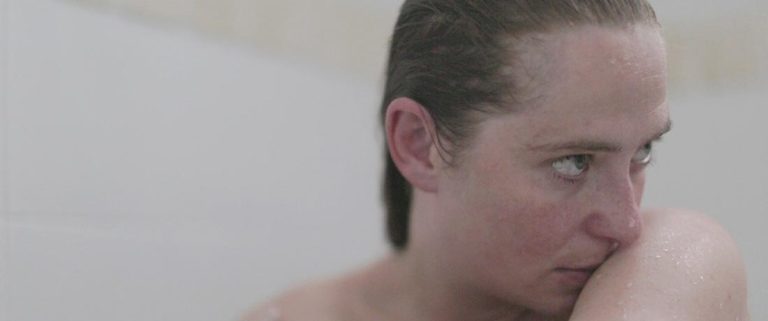
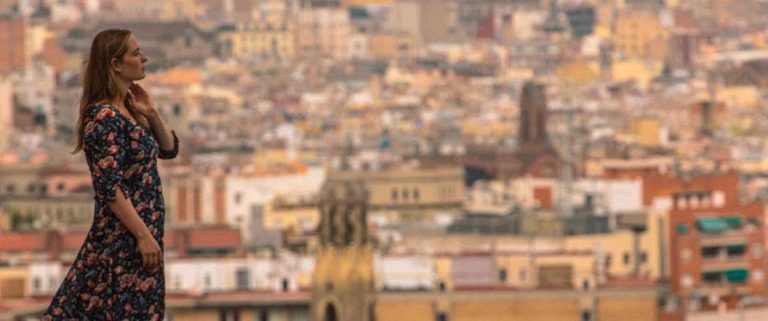
A journey through the labyrinth of a woman’s mind, Olmo and the Seagull tells the story of Olivia, a free-spirited stage actress preparing for a starring role as Arkadina in a theatrical production of Chekhov’s The Seagull. As the play starts to take shape, Olivia and her boyfriend, Serge, whom she first met on the stage of the Theatre du Soleil, discover she is pregnant.
Initially, she thinks she can have it all, until an unexpected setback threatens her pregnancy and brings her life to a standstill. Olivia’s desire for freedom and success clashes with the limits imposed by her own body and the baby growing inside her. The months of her pregnancy unfold as a rite of passage, forcing the actress to confront her deepest fears. She looks in the mirror and sees both female characters of The Seagull – Arkadina, the aging actress, and Nina, the actress that falls into madness – as unsettling reflections of herself.
The film takes a further twist when what appears to be acted is revealed as life itself. This portrait of the creative process invites us to question what is real, what is imagined, and what we celebrate and sacrifice in life.

Petra Costa’s first feature Elena (2012), premiered at IDFA and won several prizes in festivals worldwide. It was the most watched documentary in Brazil in 2013 and in 2014 was released theatrically in the United States. Executive Produced by Fernando Meirelles and Tim Robbins, Elena unfolds as a mixture of fever dream and psychological thriller. It tells the story of two sisters – and as one searches for the other their identities begin to blur. The film was called “a cinematic dream” by the New York Times, “haunting and unforgettable” by the Hollywood Reporter and was defined as a “masterful debut that takes nonfiction where it seldom wants to go – away from the comforting embrace of fact and into a realm of expressionistic possibility” by Indiewire.
Petra started her training in theater in Brazil at the age of fourteen and later went to the Dramatic Arts School at the University of São Paulo. She then went on to study Anthropology at Barnard College, Columbia University. She completed her masters in Social Psychology at the London School of Economics focusing her studies on the concept of trauma. Currently pursuing her PhD at the European Graduate School, Petra is also writing a feature fiction film entitled Strange Fruit.
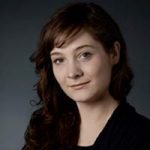
Lea Glob graduated from the National Film School of Denmark in 2011 with her well received short film Meeting My Father Kasper Højat, an autobiographical interpretation of the director’s personal encounter with her long lost father. The film is an almost archaeological investigation of the father’s identity, seen through the directors imagination, as she goes through the boxes of objects left behind of the father. Among other acknowledgments, the film was nominated for the National Danish Film Award and for The Robert Awards, and won a Golden Panda for most innovative documentary film at the Chinese Sichuan TV Festival.
Since then, Lea has received the main award at Nordic Talents for the development of the documentary project Human Female Sexuality, a highly visual film and transmedia project, which investigates the (often contradictory) inner life and imagery of female sexuality.
Lea Glob works both as a filmmaker and Director of Photography and has received the “Real Talent Award” given by the Danish Film Directors. Based in Copenhagen, Lea also works and teaches as part of the Artistic” Research program at The National Film School.
